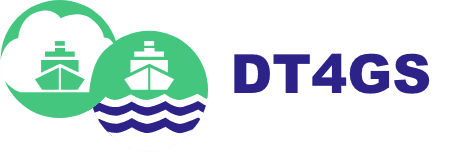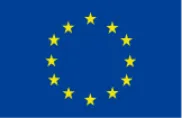DT4GS – project introduction video
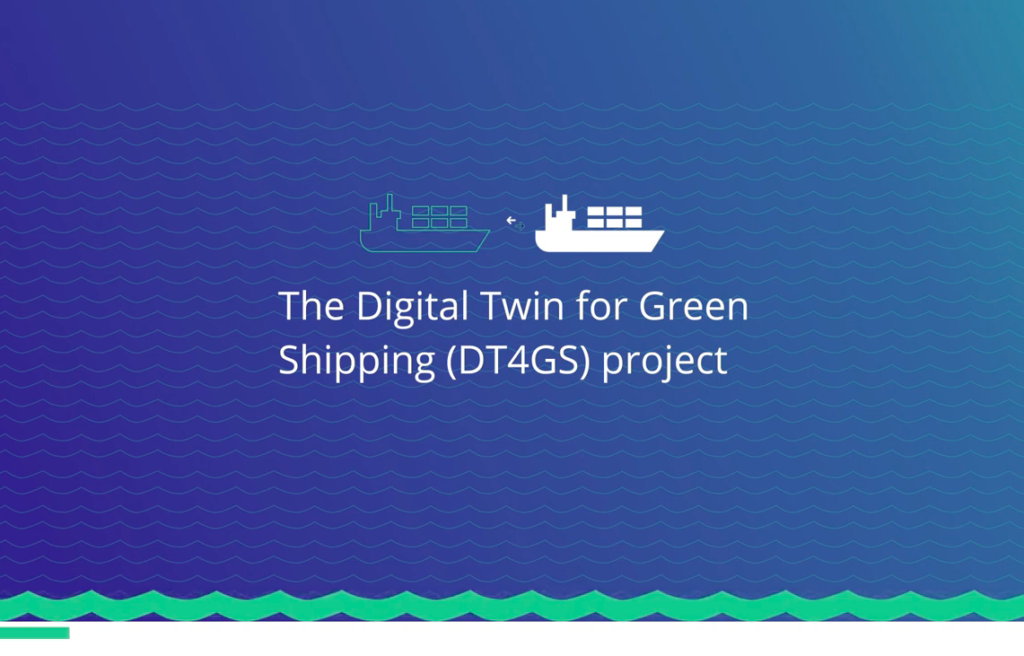
DT4GS is an EU funded project which aims at making Digital Twin technology readily available to the shipping industry to support accelerated transition to zero emissions.
Quantum Deep Neural Networks Application in Wireless Communications
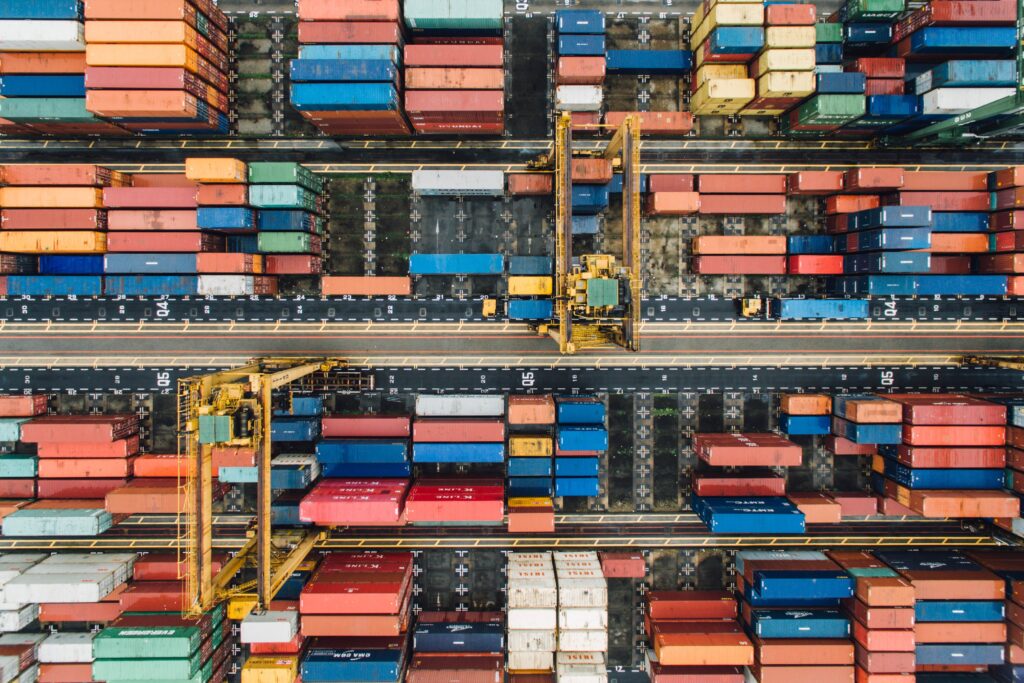
Axon is going to study application of Quantum Neural Networks in Wireless environments due to the fact that IoT devices connections are in wireless form . We will find out its practicality and feasibility for the future 6G era compared to classical NN. Axon is going to publish a first paper for this study once […]
LL3. Baleària ROPAX-centric DT
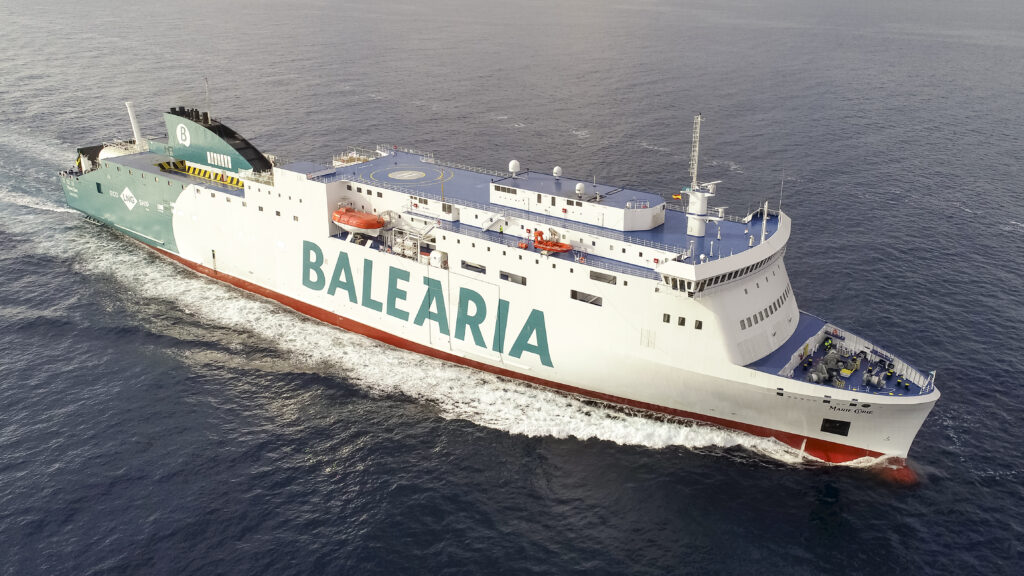
This task 4.4 “Living Lab 3 Baleària RO-PAX – Centric Digital Twin” aims to provide a Digital Twin of a RO-PAX vessel, in which Baleària will define, design and deploy the main Operational Optimization applications for this kind of vessels, which can enhance to reduce consumption and emissions, by exploring the following use cases: Voyage […]
DT4GS Value-oriented Analysis in enabling Shipping Decarbonisation
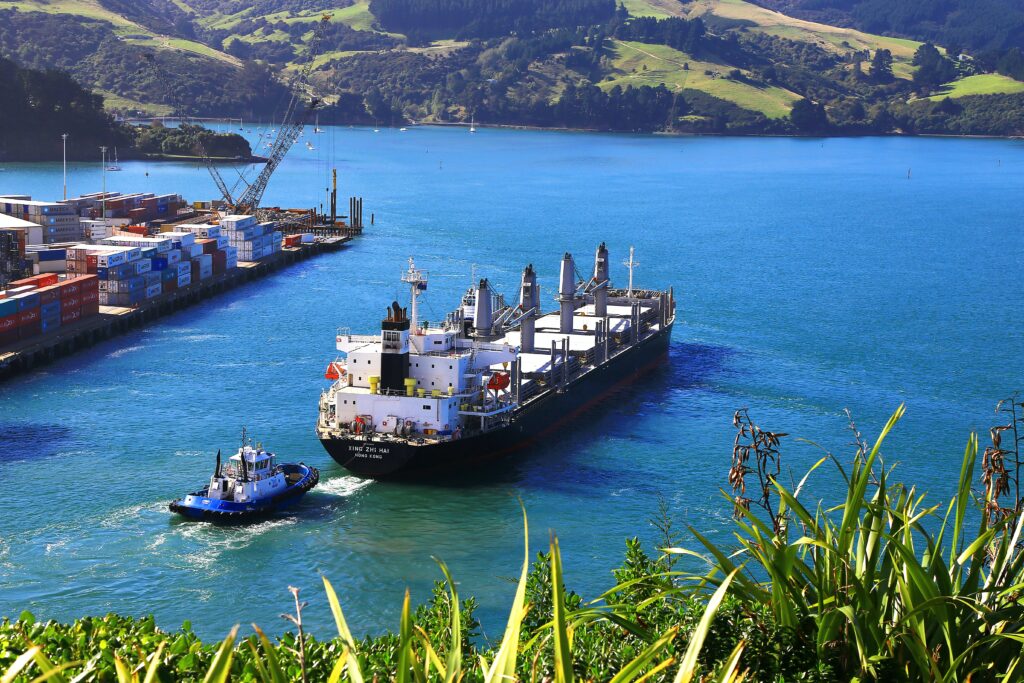
This Task 1.1 presents and describes a value-oriented analysis in enabling shipping decarbonization. This is achieved through framing the key decarbonization enablers as discussed in the scientific and industrial bibliography, its risks and opportunities, potential transition challenges and headwinds, stakeholders and a deep dive on decarbonization imperatives – regulation, financing (i.e., carbon credits, Green Taxes, […]
LL1 EURONAV Tanker-centric DT
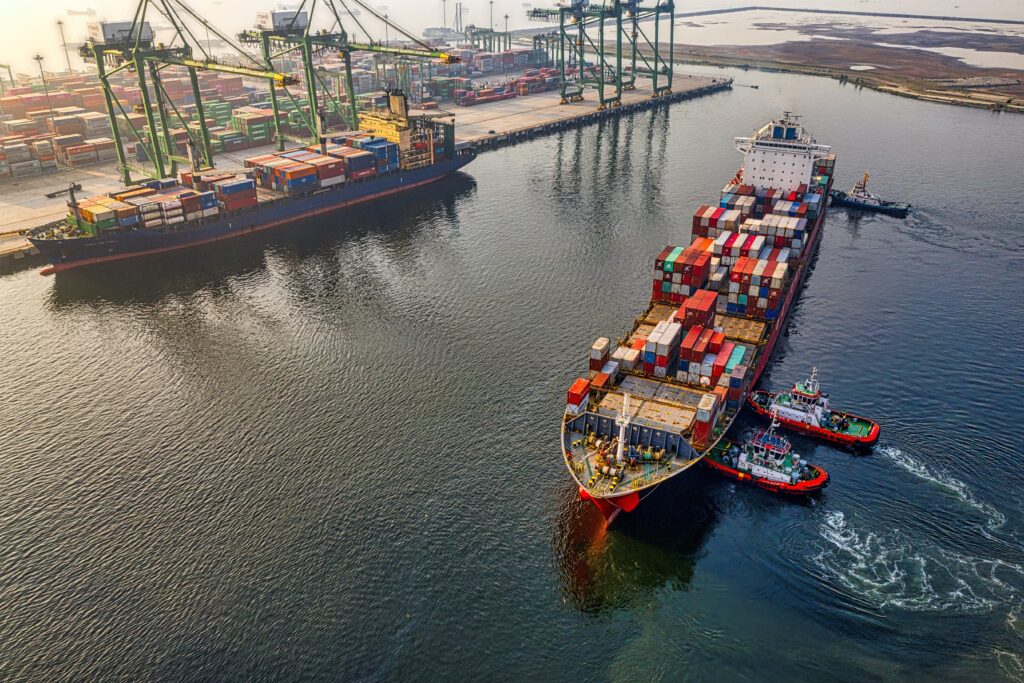
In the context of task 4.2, Euronav participated in the 1st DT4GS Workshop on 6th October that took place in Athens, Greece and presented company’s decarbonisation approach, the LL vessel particulars, Vessel’s current infrastructure(FAST platform& Sensors in cloud), Global Use Case – Voyage Optimisation, Specific Use Case –Predictive Maintenance for Hull Degradation (Phase 1), Specific […]
